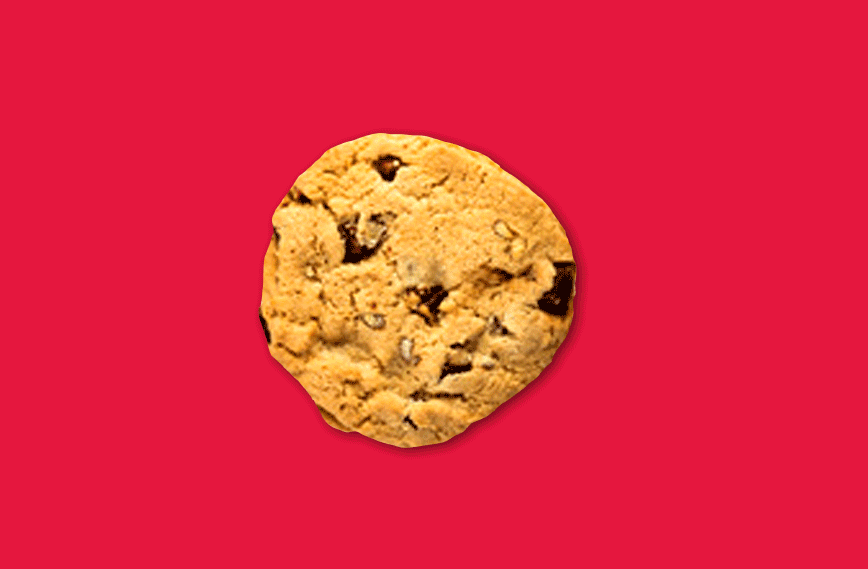Time to say goodbye to cookies?
Posted on |

Time to say goodbye to cookies
Whether you’re a foodie or a marketer, we all love cookies! But does your business or marketing strategy rely on them? If you’re using Google Ads, listen up. It might be time to start transitioning to a more permanent and reliable data source, with Google phasing out the last remaining third-party cookies on Chrome.
… Wait no cookies?
Third-party cookies have been a longstanding tool used to gather online data. Cookies allow brands to understand your actions online, and how they can best target you with ads. Opposed to first-party cookies which are placed on a website by the owner (for internal benefits such as improved user-experience), third-party cookies are largely beneficial for advertising networks.
This raises privacy concerns for some, having unknown parties tracking your online movements and distributing the data to third-parties. At least this allows ads to be targeted specifically to your interests and browsing habits. Yes, we’re talking about that thing you searched once and now can’t stop seeing ads for.
This is no new feat, with Safari and Firefox blocking third-party cookies back in 2013. Of course, Google has delayed the change as they’ve got such a big income stream through advertising, unlike Apple’s Safari or not-for-profit Firefox.
How important are third-party cookies for my current marketing strategy?

51%
Very important. It makes up a majority of the data my company uses.

32%
Somewhat important. We have a strong mix of first and third-party cookie data.

10%
Not important. We never used third-party cookie data.

7%
Not important. We’ve switched to other data sources rolling the initial Google announcement.
How will I be impacted?
On an individual level, you may notice a few changes to your browsing experience. The ads you see will likely feel a lot less relevant to your interests. You may also notice a lot more pop ups, surveys and polls asking about your interests and preferences. Some brands may require you to enter information before you can enter their website. These changes would allow third-parties to continue collecting your data.
If you work in marketing or advertising, be cautious with your upcoming Google Ads campaigns. Third-party cookies allowed advertisers to attribute conversions, retarget website visitors and place more relevant ads for their audience. Without them, marketers will need to become more savvy and innovative with their data sourcing.

Is there an alternative to cookies?
Google have just announced a delay in removing third-party cookies completely until 2024, meaning third-parties and advertisers will have plenty of time to create a solution.
We predict first-party data will become more important than ever for businesses. First-party data refers to audience insights captured only from your own website. This could include frequency of user visitation, what pages they are visiting and what they have previously purchased from your website.
Businesses may also choose to focus more on email marketing, which is completely managed by your business. Those who have opted in to your database have already told you they are interested in your product, so why not utilise the platform to reach a captive audience?
Contextual marketing is a great alternative for reaching your target audience without knowing their individual details. Contextual marketing makes use of keywords and topics online, which can be used rather than targeting specific user attributes.
TLDR:
■ Google will have phased out all third-party cookies by 2024
■ Your browsing experience may change slightly
■ There will still be alternate data tracking options for advertisers
■ Many businesses will start to look at first-party data and email marketing as substitutes
Ready to take your social presence to the next level? We’d love the opportunity to catch up. Contact us today to arrange a day and time to get down to business!

Leave a Reply